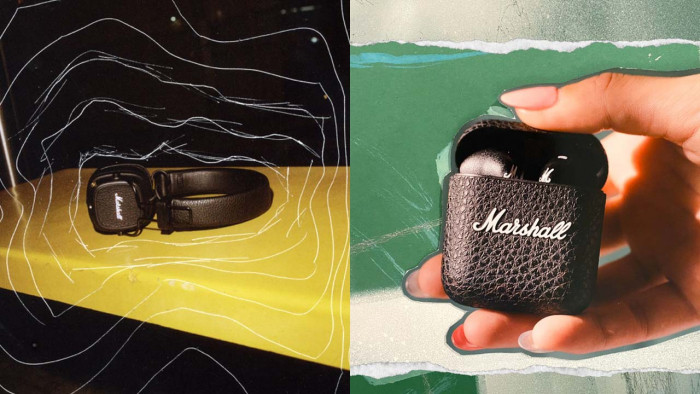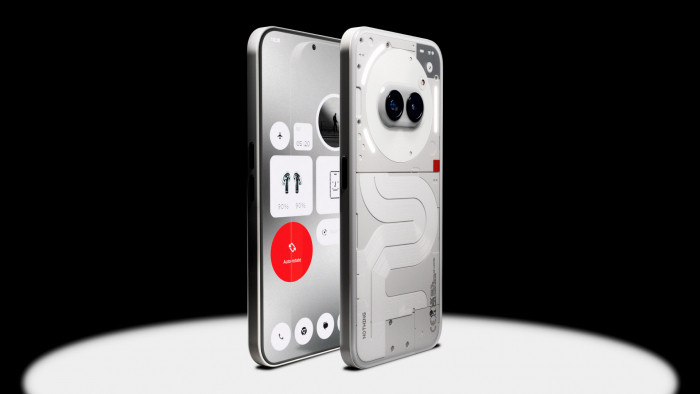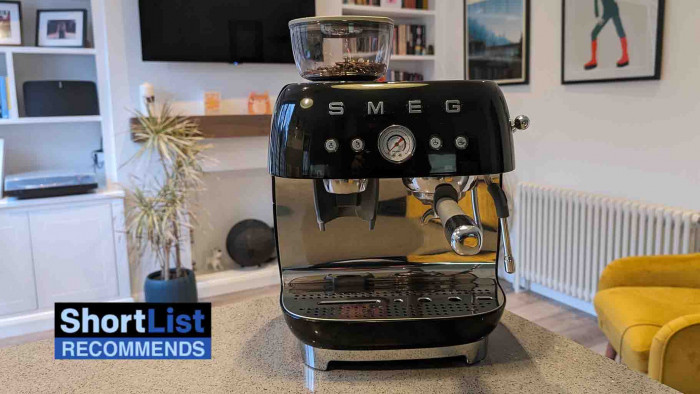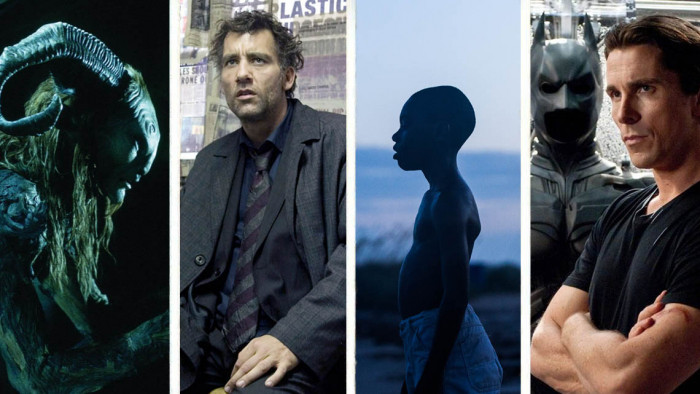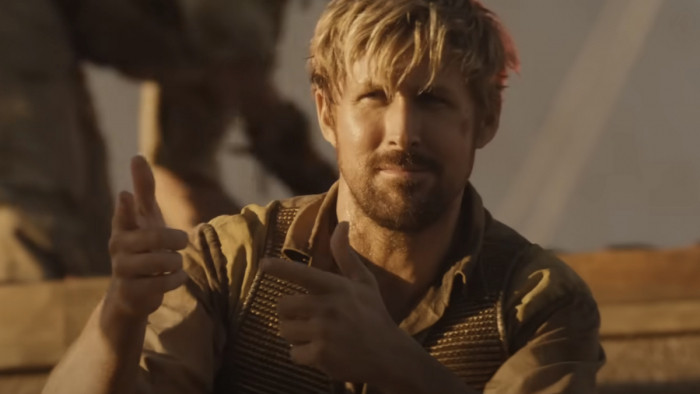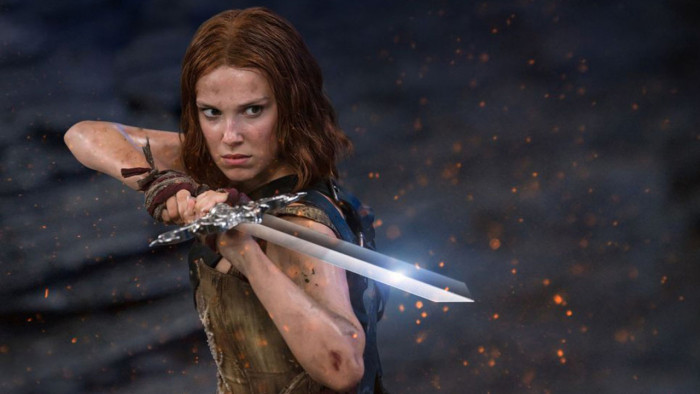Steve Jobs is under fire. It’s also brilliant. Here, Oscar-winning screenwriter Aaron Sorkin vociferously responds to the controversy with ShortList’s Jonathan Pile
There’s a controversy surrounding Danny Boyle’s new film about Apple founder Steve Jobs, and it’s this: it’s almost entirely fabricated.
Numerous people have pointed this out, their reactions ranging from mild annoyance to vicious condemnation. Take this particularly cutting soundbite: “You’ll see someone saying, ‘There was a scene in the movie that was made up.’ But it’s a hell of a lot more than one scene. The whole movie is made up. None of it is true.”
Which seems fairly damning. And something to which its writer Aaron Sorkin would probably like to respond – to give his opposing viewpoint. Except, he won’t. Because he said it.
And it’s perhaps an odd thing to say if you’re defending the veracity of your work.
But he also said this: “People are trying to start a food fight. They print something that says, ‘Woz [Apple co-founder Steve Wozniak] says this whole scene never happened,’ and you just want to say, ‘Duh!’ None of it happened, but all of it is true.”
Internal structures
The excellent Steve Jobs is a film in three acts. Each one is set in the half hour or so before Jobs’ keynote speeches at different product launches – the Macintosh in 1984, away from Apple with the NeXT in 1988 and the iMac in 1998.
If you’ve given a presentation, you’ll know those minutes beforehand are either spent going over your speech or breathing deeply to suppress your nerves. What doesn’t happen is the five most important people in your life all converge for confrontations. But that’s what happens in this film, and it’s the source of all the “never happened” jibes.
“I didn’t want to write a biopic,” says Sorkin. “I didn’t want to just tell the story of the life of Steve Jobs, and I wasn’t going to recount the story of the products’ invention. But I did want to dramatise friction in Steve’s relationships – Woz wanted Steve to acknowledge the Apple II team, Chrisann [the mother of his child] wanted money… And the reason I chose those launches was not about the products, it was about Steve’s life. In 1984, he was denying paternity of Lisa, so I chose the Mac. Act two is the King in exile. And finally, in act three, the King returns.”
And if people still aren’t getting it: “Obviously Steve didn’t have confrontations with the same five people before every launch. But neither did Bob Dylan lyrics appear on the floor, nor the launch of Skylab appear on the wall.”
It’s called dramatic licence – just because it didn’t happen like that, doesn’t mean Sorkin is lying.

Mass hysteria
It was only a few weeks after Jobs died that Aaron Sorkin signed up to the write the film. One thing that surprised him at the time was how people reacted to the news.
“I was really struck by the global mourning,” he remembers. “I hadn’t seen anything like it since John Lennon. And it was for a CEO. I wondered why.”
It’s something he explores in the film. The Steve Jobs we see on screen isn’t very likable, at least initially – he’s demanding, and denies the paternity of his daughter. Bill Gates is brought up as a comparison. No one gave more to charity in 2014 than the Microsoft founder, but there’s no way there’ll be the same level of outpouring when he goes.
What was it about Steve Jobs?
“People have an emotional connection to what he made, so felt an emotional connection to him. We talk about it in the film. Steve says, ‘Look at the Mac, can’t you see how it resembles a friendly face? The disc slot is a goofy grin.’ Even so, I was surprised how worked up people got about the difference between an iPhone and, say, a Samsung.”
The CEO of Samsung is, for the record, Jong-Kyun Shin. But how many people would know that? Steve Jobs was different. A charismatic leader, but also a technological visionary who understood the importance of design. Or, as Sorkin puts it: “The place where he lived, at the intersection of art and technology, really struck a chord at just the right moment.”
Behind the scenes
Sorkin has always worked on Apple equipment. He and his roommates chipped in to buy the first Mac, but he doesn’t consider himself an Apple guy.And so, instead of deciding this was a story he wanted to tell, it was pitched to him. He knew who Jobs was (obviously), but claims he didn’t have any emotional attachment: “This was a blind date for me.” He was given Walter Isaacson’s Jobs biography, but only began to “fall in love” when he met the people in Steve’s life.
One of the main characters in the film is Joanna Hoffman, played by Kate Winslet. She’s only mentioned in the book a few times, but caught Sorkin’s attention.
“I met her because it was mentioned she’d won a goofy prize three years in a row as the person who could stand up to Steve Jobs. After the third time I met her, I knew she had to be a character in the movie. And that she was going to play an important role.”
It wasn’t just with Hoffman that Sorkin found new dramatic opportunities – Lisa Brennan-Jobs, Steve’s daughter, had been unwilling to speak to Isaacson because her father was still alive, but was happy to with Sorkin. And John Sculley, the former Apple CEO who ousted Jobs from the company in 1985, had barely talked to anyone, but was finally willing to. “In fact, he was eager because he wanted to set the record straight about Steve’s failed coup.”
And it wasn’t limited to those three – Sorkin met as many people as possible. Often because he wasn’t trying to get the same information as Isaacson, or he needed them to expand.
Is he concerned about what all these people think of the film?
“It is important to me,” he admits. “If they hated it, I’d feel bad. Disappointed. As though I’d done them wrong. And I’m happy because Woz, Sculley, Joanna and [Mac software architect] Andy Hertzfeld have all been publicly enthusiastic about it.”
It’s true, despite what you may have read. Digging beyond the clickbait headlines such as: “Steve Wozniak on Steve Jobs trailer: ‘Accuracy is second to entertainment’” reveals they’re intentionally only telling half the story. (The “I don’t talk that way” part, rather than the “but they carried the right message” bit.) It would seem newspapers are familiar with the concept of dramatic licence, after all.
“I take all the available facts, but I’m not reporting on something – I’m creating a drama,” says Sorkin with finality. “I can’t judge a character like Steve Jobs, but I do have to identify with him and be able to defend him.
“And I try to write as though they’re making their case to God.”
Steve Jobs is at cinemas nationwide from 13 November
(Images: Universal/Rex/Getty)
Latest
Related Reviews and Shortlists



